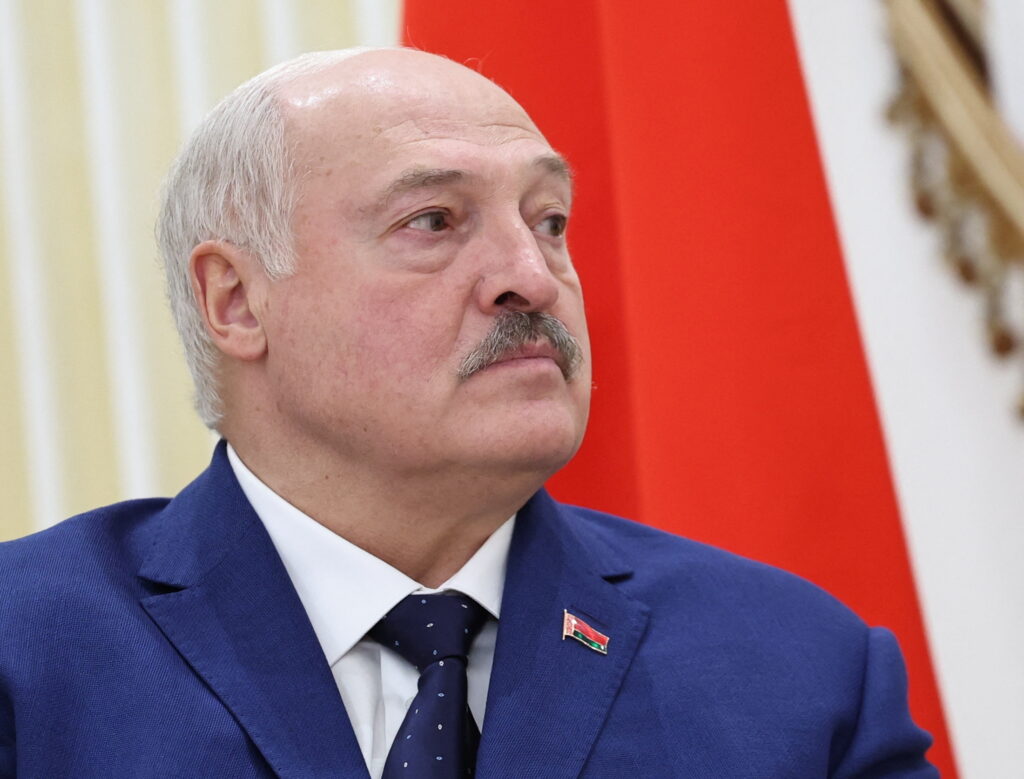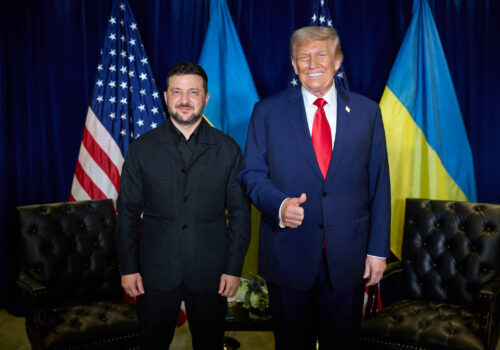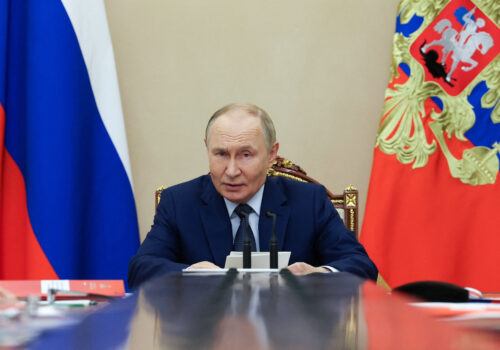Belarusian dictator Alyaksandr Lukashenka is currently attempting to repair relations with the West by trading political prisoners for concessions. If this hostage diplomacy proves successful, it will strengthen Lukashenka’s grip on power in Belarus while encouraging other autocrats to adopt similarly cynical tactics.
In early September, Belarus and the United States announced an agreement that saw 52 political prisoners released in exchange for an easing of sanctions against Belarusian state airline Belavia. This was the second such deal brokered by the US in the past few months, with 14 detainees freed in June 2025 during a visit to Minsk by United States Special Envoy Keith Kellogg.
The release of political prisoners by the Lukashenka regime has been hailed by the White House as a step in the right direction as the Trump administration seeks to reengage with Belarus following years of frosty relations. In a further indication of a thaw in Washington-Minsk ties, US officers were invited to observe recent joint military exercises between Belarus and Russia.
This might look like progress at first glance, but the reality is less encouraging. For every Belarusian prisoner released, others are being jailed. Just days after the US delegation left Minsk in September, journalist Ihar Ilyash was sentenced to four years in prison. Since June, when former Belarusian opposition leader Siarhei Tsikhanouski and others were freed thanks to American efforts, 131 new political prisoners have been locked up, representing almost exactly double the total number released during the same period. Today, around 1,300 Belarusian political prisoners remain behind bars.
Stay updated
As the world watches the Russian invasion of Ukraine unfold, UkraineAlert delivers the best Atlantic Council expert insight and analysis on Ukraine twice a week directly to your inbox.
It should come as no surprise to see Lukashenka imprisoning more people. After all, recent sanctions relief has given him an obvious incentive to manufacture more hostages, which he can then trade for further concessions during future negotiations.
The United States and Europe have been down this road before. Between 2015 and 2020, some Western sanctions against Belarus were lifted and high-level visits to Minsk resumed, while Lukashenka was courted as a potential mediator in efforts to resolve Russia’s undeclared war against Ukraine. This led to a series of symbolic gestures but no structural reforms. Ultimately, hopes of building bridges with Belarus collapsed in 2020 when Lukashenka responded to nationwide pro-democracy protests by launching a brutal crackdown.
Any serious effort to improve relations between Minsk and the democratic world must be grounded in a realistic appraisal of the Lukashenka regime. In the final analysis, Lukashenka will always choose Moscow over the West because his political survival depends on it. This has become abundantly clear since 2020, when the Kremlin intervened to help the Belarusian dictator crush protests. Two years later, Belarus served as a launchpad for Russia’s full-scale invasion of Ukraine.
Today, Belarus reportedly hosts Russian tactical nuclear weapons and plays a supporting role in Moscow’s hybrid war against the West. Even when he appears to be acting independently, Lukashenka is careful not to directly cross the Kremlin. When Russian drones recently violated Polish airspace, including some that entered Poland via Belarusian territory, Minsk warned Warsaw of the threat but carefully avoided blaming Moscow.
Eurasia Center events

Advocates of renewed engagement with Minsk argue that efforts to punish Lukashenka have failed to prevent Belarus’s slide deeper into authoritarianism. But a premature thaw would now carry enormous costs. Relaxing sanctions and reopening trade would boost state-controlled Belarusian companies and revitalize the regime while demoralizing the democratic resistance at home and abroad. Crucially, it would also provide Russia with a potential sanctions loophole in the heart of Europe.
Addressing the challenges posed by an authoritarian Belarus is vital for European security. As long the Lukashenka dictatorship endures, NATO’s eastern flank will remain unstable and Ukraine will continue to face a major threat along the country’s northern border. Other authoritarian regimes are also watching the Western approach toward Belarus closely. If Lukashenka is able to secure benefits without compromising his own position, his fellow autocrats will draw the obvious conclusions and act accordingly.
Rejecting high-level engagement with Lukashenka does not mean abandoning Belarus. Instead, the current focus should be on seeking ways to support Belarusians directly while maintaining pressure on the regime. This could involve greater support for Belarusian civil society and independent journalism in exile, along with cultural and educational outreach that strengthens links between Belarusians and the wider European community. More scholarships should be made available, while access to visas and professional opportunities could also be significantly enhanced.
Rewarding Lukashenka without requiring any meaningful change in Belarus is not pragmatism. It is appeasement. This kind of short-term thinking will only serve to further entrench the current dictatorship. Instead, the message to Minsk must be one of Western unity and resolve, with a commitment to maintaining sanctions pressure on the regime while investing in a better future for ordinary Belarusians. Ultimately, Western policy toward Lukashenka must be shaped by recognition that only a democratic Belarus can bring lasting stability to the wider region.
Hanna Liubakova is a journalist from Belarus and nonresident senior fellow at the Atlantic Council.
Further reading
The views expressed in UkraineAlert are solely those of the authors and do not necessarily reflect the views of the Atlantic Council, its staff, or its supporters.

The Eurasia Center’s mission is to enhance transatlantic cooperation in promoting stability, democratic values, and prosperity in Eurasia, from Eastern Europe and Turkey in the West to the Caucasus, Russia, and Central Asia in the East.
Follow us on social media
and support our work
Image: Belarusian President Alexander Lukashenko attends a meeting with his Russian counterpart Vladimir Putin in Volgograd, Russia, April 29, 2025. (Sputnik/Alexander Kazakov/Pool via REUTERS)





